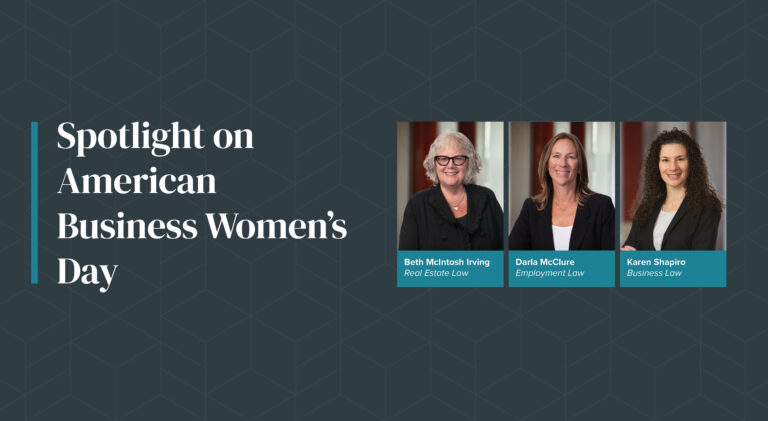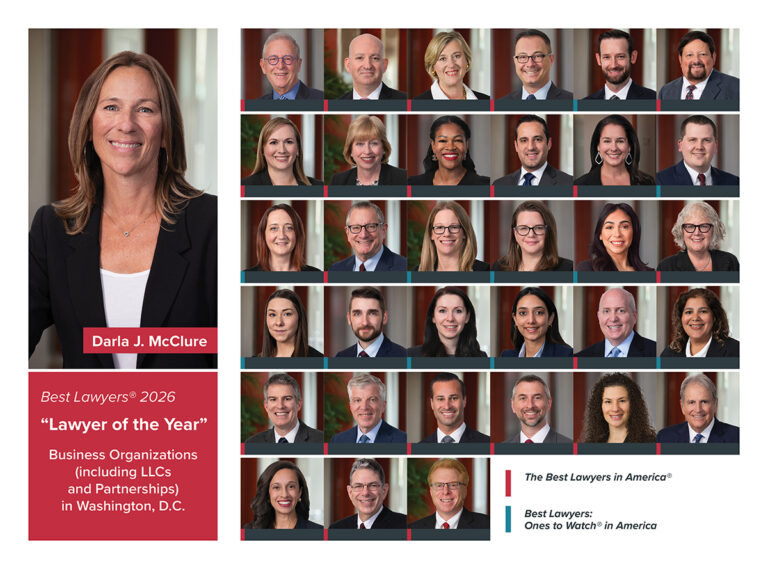June 12th, 2025
Virginia Expands “Covenant Not to Compete” Restrictions
Posted in: Employment Law Tagged: Nidhi P. Patel
Author: Nidhi P. Patel

Employers in Virginia who are currently using or planning on using restrictive covenant provisions in their employment contracts will have to update their contracts and policies come July 1, 2025. Virginia has amended its non-compete ban by redefining the salary threshold for non-exempt “low-wage employees”. Virginia law prohibits employers from entering into, enforcing, or threatening to enforce covenant not to compete agreements with low-wage employees. Virginia broadly defines a “covenant not to compete” as any provision that restrains, prohibits, or otherwise restricts an employee’s ability, following the termination of his or her employment, to compete with his or her former employer.
Currently, a “low-wage employee” is defined as an employee whose average weekly earnings are less than the average weekly wage set by the Commonwealth, which, as of January 1, 2025, is $1,463.10 per week or $76,081.20 per year.
Starting July 1, 2025, the definition for low-wage employees, prohibited from covenant not to compete agreements, will include all “non-exempt “employees as classified by the Fair Labor Standards Act (FLSA), regardless of their average weekly earnings. Essentially, non-exempt employees who are eligible for overtime pay under the FLSA are excluded from covenant not to compete agreements.
“Low-Wage Employee” includes:
- Interns, students, apprentices, or trainees employed, with or without pay, at a trade or occupation to gain work or education experience; and
- Independent contractors who are paid an hourly rate that is less than the median hourly wage for occupations in Virginia, as set by the U.S. Bureau of Labor Statistics.
“Low-Wage Employee” does not include employees who derive earnings, in whole or in predominant part, from sales commissions, incentives, or bonuses.
Non-Solicitation for “Low-Wage Employees”
While this rule addresses non-compete provisions, it also affects non-solicitation clauses. Virginia requires restrictive covenants in employment agreements to be narrowly drafted so as to not restrict an employee from providing a service to a customer or client of the employer if the employee is not the one initiating contact with or soliciting the customer or client This means that only non-solicitation provisions that prohibit a low-wage employee from initiating contact with or soliciting the customer or client are permitted. An employer may not prevent its low-wage employees from providing services to customers or clients if the customer or client is the one that initiates contact with the former employee.
Given the transient nature of the Washington metropolitan area, it is important to be aware of the Maryland and D.C. non-compete laws as well.
Maryland Non-compete laws
Maryland prohibits non-compete provisions for low-wage employees earning under 150% of the state minimum wage. As of January 1, 2025, the threshold for the ban on non-competes is $23.25 per hour, or $48,360 annually.
Maryland also prohibits non-compete provisions for licensed healthcare professionals who provide direct patient care that earn equal or less than $350,000 in total annual compensation and licensed veterinary practitioners and technicians. For licensed healthcare employees who earn more than $350,000 annually, a non-compete agreement is not enforceable if the duration exceeds one year from the last day of employment and the geographical restriction exceeds ten miles from the primary place of employment.
Recent Maryland court rulings require non-solicitation provisions to be narrowly tailored.
D.C. Non-compete laws
Effective October 1, 2022, D.C. banned non-compete agreements for all covered employees except “highly-compensated employees,” meaning, as of January 1, 2025, non-medical professionals who earn $158,363 annually and $263,939 annually for medical specialists.
While there is no ban on non-solicitation provisions, D.C. defines a “non-compete provision” to mean a provision that “prohibits an employee from performing work for another for pay or from operating the employee’s own business.” Therefore, employers must narrowly tailor their non-solicitation provisions to ensure compliance with D.C. laws.
If you have any questions about this new law and how to make your current restrictive covenant agreements compliant, please reach out to the Stein Sperling Employment Law department.







